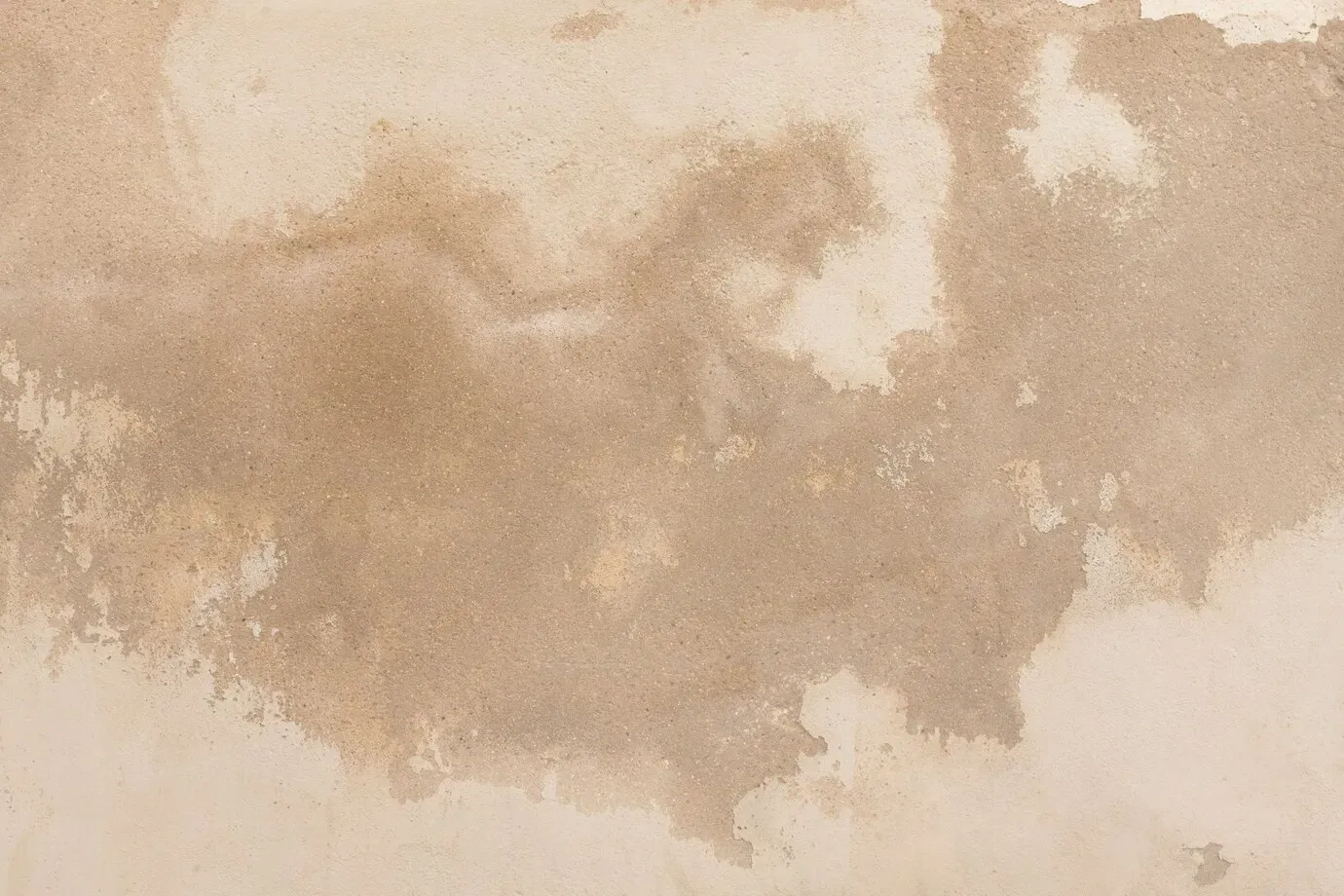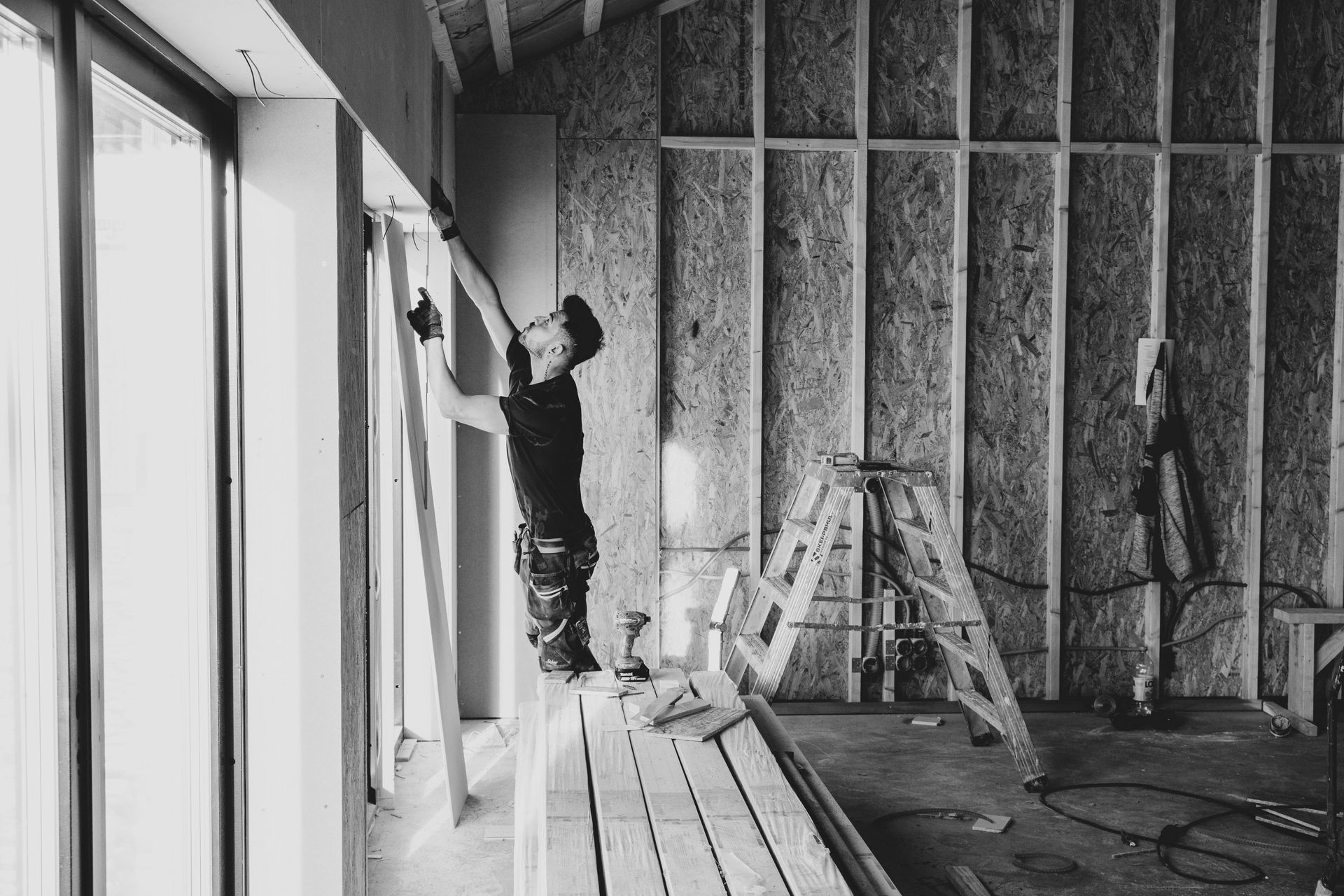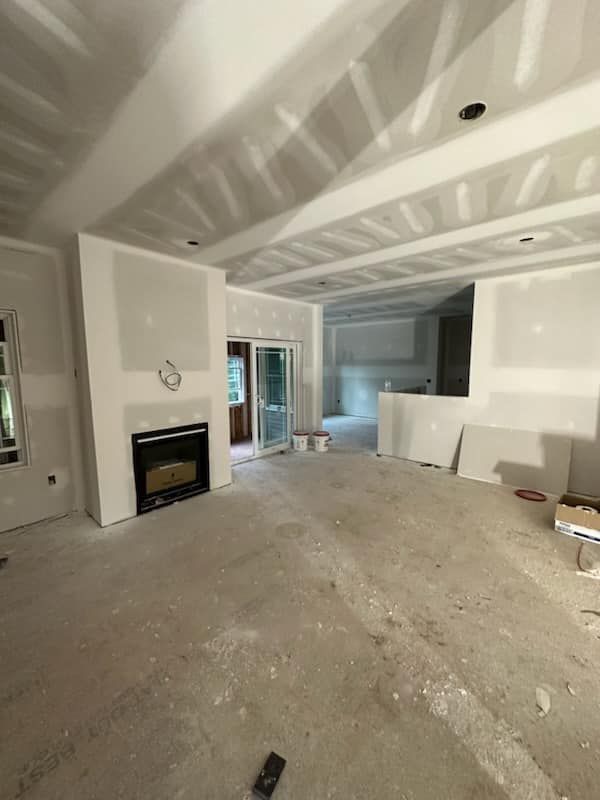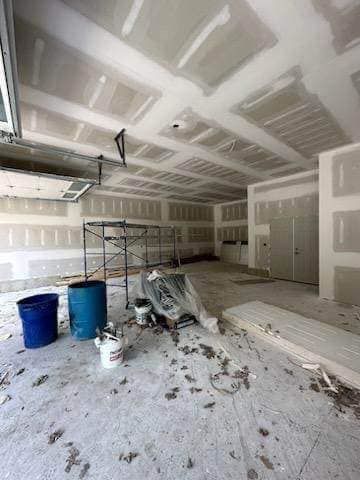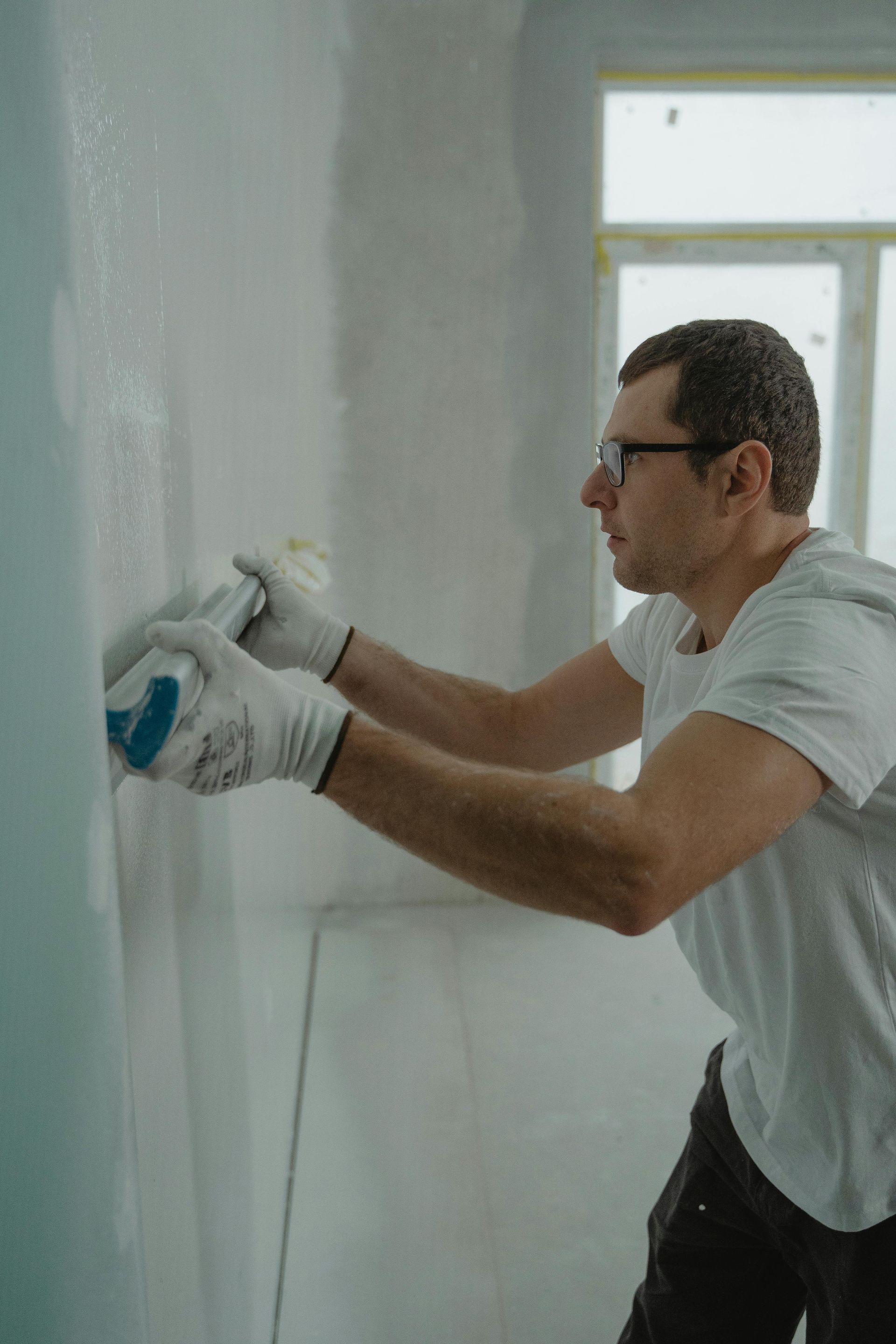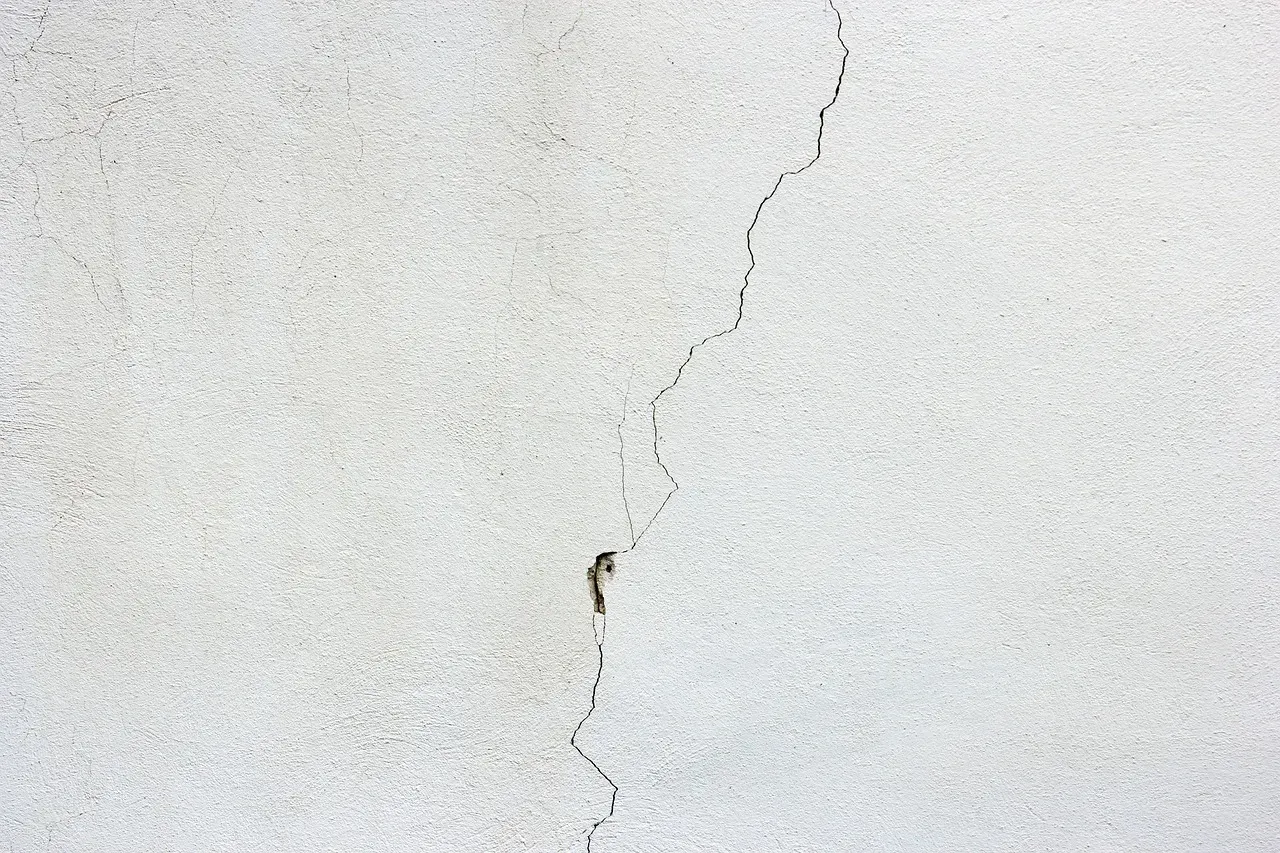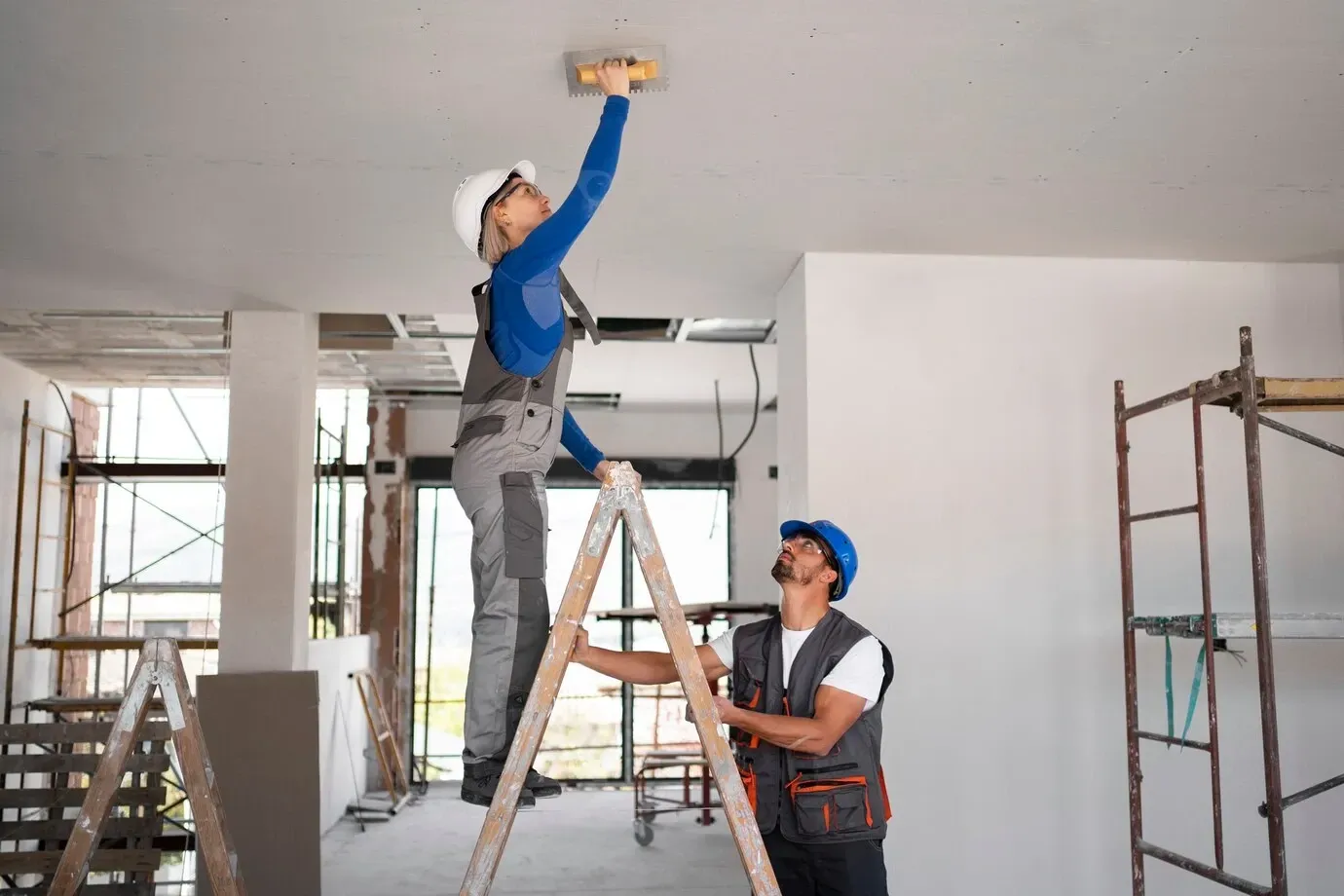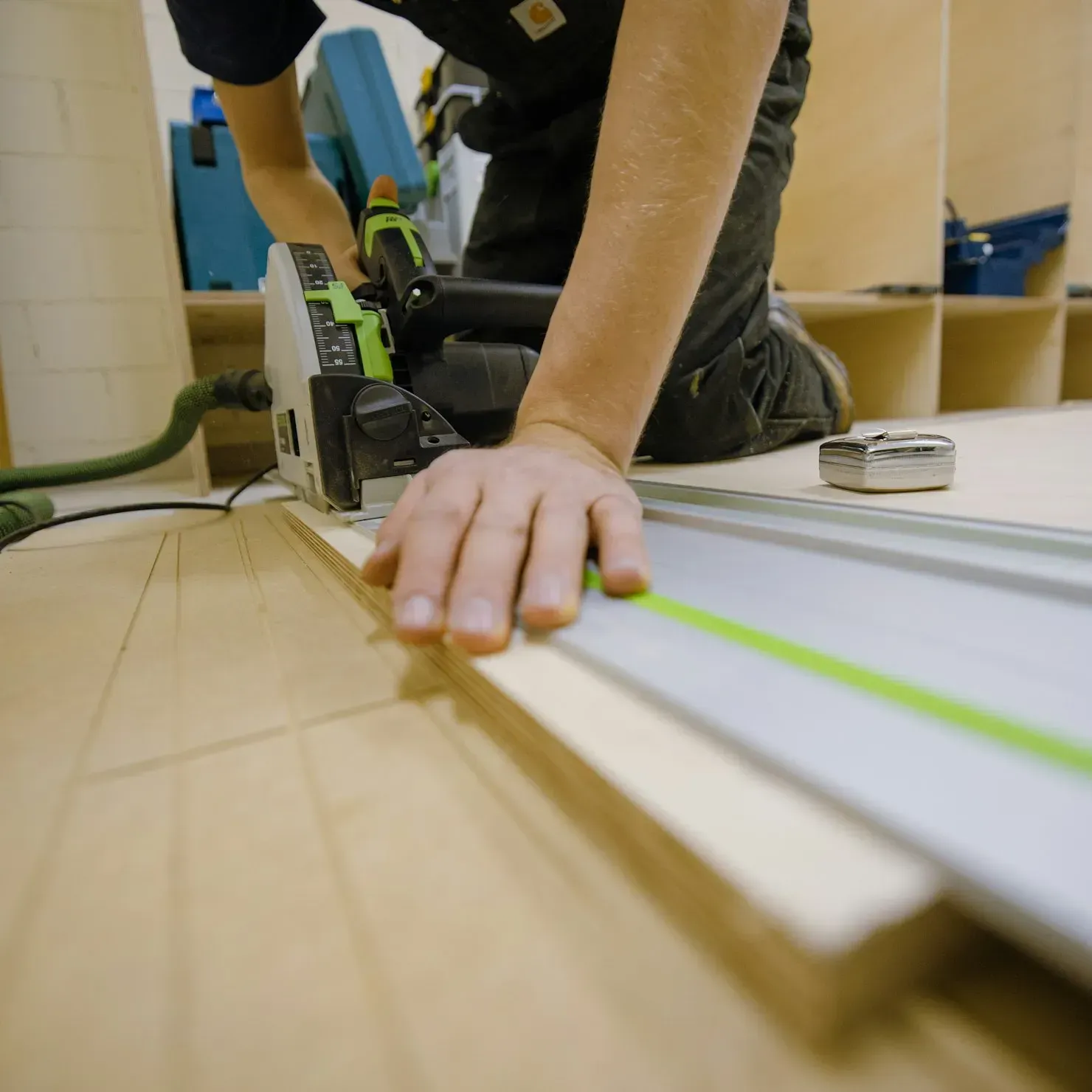Do-It-Yourself vs. Hiring a Professional Installer: Making the Smart Choice
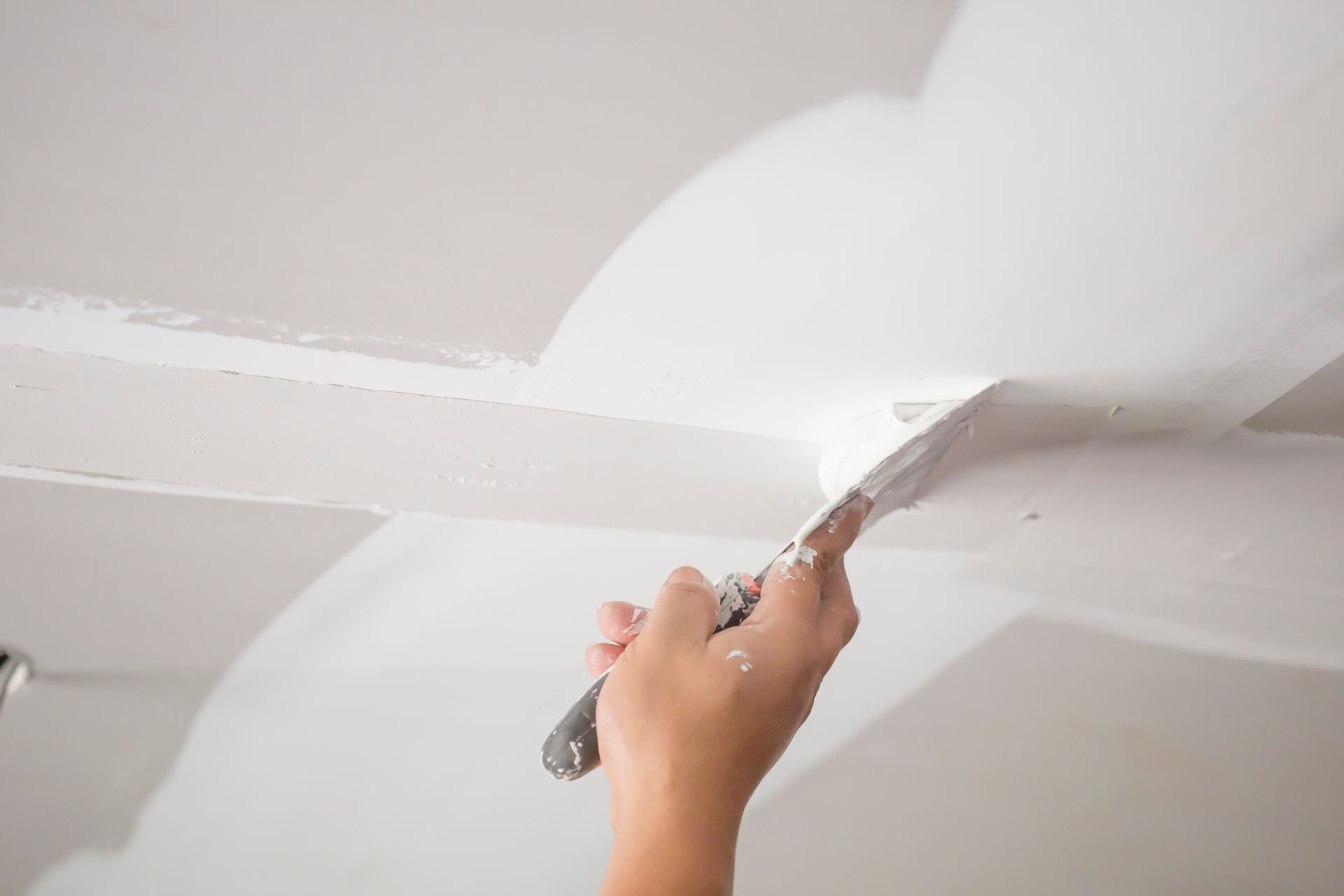
When it comes to getting things done around the house, we all face the big question: should we roll up our sleeves and dive into a do-it-yourself (DIY) project, or is it wiser to call in the pros? This decision is especially crucial with installations, where the stakes are high, and mistakes can be costly. With the latest data and insights in hand, we're here to guide you through the pros and cons of DIY versus hiring a professional installer. Whether it's about saving money, ensuring quality, or simply the satisfaction of doing it yourself, we've got the scoop to help you make the best choice for your situation.
The DIY Approach: Exploring Benefits and Drawbacks
Pros
- Cost Savings: The allure of DIY projects often comes down to the potential for saving money. By taking on a project yourself, you dodge the labor costs, which can be a hefty slice of the overall expense. Recent studies show that DIYers can save up to 50-60% on labor costs alone, depending on the project's complexity and scale. A side-by-side cost comparison for common installations like shelving or basic plumbing could reveal significant savings for the handy homeowner.
- Personal Satisfaction: There's a unique sense of achievement in completing a project with your own hands. Psychology backs this up, suggesting that engaging in DIY activities can boost mood and increase feelings of self-efficacy. Tackling and overcoming the challenges of a DIY project can leave you with not just a new shelf or painted room but a tangible sense of accomplishment.
- Customization and Flexibility: When you're the one in charge, you can tweak, adjust, and personalize to your heart's content. This control means your project can evolve in real-time, adapting to your needs and preferences without having to explain your vision to someone else. The result is a truly customized space that reflects your personal touch.
Cons
- Time Commitment: DIY projects often require more time than anticipated, especially for those new to the craft. What might look like a weekend project can quickly morph into a weeks-long endeavor, consuming far more of your free time than you might have planned.
- Skills and Knowledge Gap: The internet is awash with tutorials and guides, but there's a steep learning curve to many installation projects. Lack of experience can lead to mistakes, frustration, and even the need to redo work, which might diminish the initial appeal of going DIY.
- Risk of Mistakes: Speaking of mistakes, they're not just frustrating—they can be expensive, too. Errors in installation can lead to damage that costs more to repair than the original project would have cost to hire out. Plus, there's the risk of voiding warranties or causing issues that affect your home's safety or resale value.
- Warranty Concerns: Many products come with warranties that are only valid if installed by a certified professional. Going the DIY route could mean risking this valuable protection, leaving you uncovered in the event of a malfunction or failure.
Deciding to take on a project yourself is a balancing act between these potential benefits and drawbacks. It requires a honest assessment of your skills, the time you can commit, and the complexity of the project at hand.
Hiring a Professional Installer: Advantages and Considerations
Pros
- Expertise and Experience: The most compelling reason to hire a professional is their expertise. These individuals have the training, experience, and know-how to get the job done right the first time. They're equipped to handle unforeseen issues, ensuring the installation is up to code and meets all safety standards. Data shows that professional installations often have fewer operational issues down the line compared to DIY attempts.
- Efficiency and Time-Saving: Professionals can complete installations faster than the average DIYer, thanks to their skills and experience. This efficiency means your project could be completed in a fraction of the time it would take to do it yourself, minimizing disruption to your daily routine.
- Quality and Safety: With a professional, you're not just paying for labor; you're investing in peace of mind. Professionals bring a level of quality and safety to the project that's hard to match on your own. They know the pitfalls to avoid and have the right tools for the job, reducing the risk of mistakes that could cost you more in the long run.
- Warranty Protection: Many warranties require installation by a certified professional for the warranty to remain valid. Hiring a professional ensures that you won't inadvertently void these protections, potentially saving you from costly replacements or repairs in the future.
Cons
- Cost: The most significant drawback of hiring a professional is the cost. Labor charges can add a considerable amount to your project budget. However, it's important to weigh these upfront costs against the potential long-term savings in repairs, efficiency, and warranty protection.
- Limited Control and Scheduling: When you hire a professional, you're working around their schedule, which might not always align with yours. Additionally, some homeowners find that relinquishing control over the project details can be frustrating, especially if you have a specific vision in mind.
Making the Choice
Deciding to hire a professional comes down to evaluating the complexity of the project, your personal skill level, and whether the time and quality advantages outweigh the cost. In many cases, the assurance of quality, safety, and warranty protection will justify the investment in professional services.
Making the Informed Decision: Key Considerations
When standing at the crossroads of DIY versus hiring a professional, your decision should pivot on several crucial factors. Here’s how to navigate this decision-making process with clarity and confidence:
- Project Complexity: Assess the complexity of the installation project at hand. High-complexity projects—think electrical work, plumbing, or anything structural—typically demand professional expertise due to the specialized skills and safety considerations involved. Simple tasks like painting or minor repairs might be within the DIY realm, but anything with a higher risk of costly errors leans toward professional hiring.
- Personal Skills and Experience: Take a candid look at your skills and experience. If you've successfully completed similar projects before, you might be well-positioned to tackle another DIY project. However, overestimating your abilities can lead to mistakes and additional costs. If there's a significant gap between your skill level and the project's demands, leaning on a professional is a wise choice.
- Time Constraints: Consider your time availability. DIY projects often take longer than expected, especially for those balancing work, family, and other commitments. If your schedule is tight, the time efficiency of hiring a professional might outweigh the cost savings of a DIY approach.
- Budget Considerations: Weigh the potential cost savings of DIY against the investment in professional installation. Remember, though, to factor in the hidden costs of DIY, such as tools, materials, potential mistakes, and the value of your time. Comparing quotes from professionals can provide a clearer picture of the cost difference and help you make a budget-informed decision.
- Safety and Quality: Never compromise on safety or quality for the sake of saving money. Some projects require a level of precision and expertise that only professionals can guarantee, ensuring the safety and longevity of the installation.
- Warranty and Insurance: Consider the implications of warranties and home insurance. In some cases, DIY installations can void warranties or affect insurance coverage. Understanding these implications can help prevent unforeseen costs or issues down the line.
Conclusion
Choosing between DIY and hiring a professional installer is not a one-size-fits-all decision. It's about balancing the benefits and drawbacks in the context of your unique situation—your skills, the project complexity, your time availability, and your budget. By considering these factors carefully, you can make a choice that ensures safety, quality, and peace of mind, aligning with your needs and preferences.
Whether you decide to embark on a DIY adventure or entrust your project to a seasoned professional, the key is making an informed decision that you feel confident and comfortable with. And remember, every project is an opportunity to learn, grow, and ultimately, transform your space into something you love.
For top-notch drywall and painting services in Easthampton, Springfield, Chicopee, and the surrounding areas, look no further than Frenchie Drywall. As the premier drywall contractor in the region, they bring years of experience and expertise to every project. Whether you're a residential homeowner looking to spruce up your space or a commercial business owner in need of a professional touch, Frenchie Drywall offers the quality, reliability, and exceptional service you deserve. Choose them for your next project and experience the difference that their dedication and skill can make.

